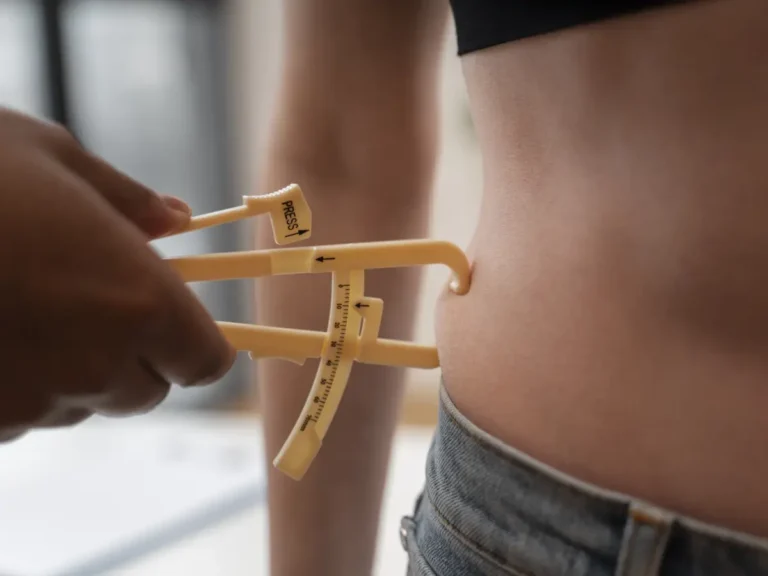Bariatric surgery can be a complete lifesaver. Not only does it provide significant weight loss, it can also improve your overall quality of life.
So, if you’re suffering from life-threatening obesity and its complications, it makes perfect sense to seek out some form of bariatric surgery — but which one should you choose?
Two of the most common types of bariatric surgery are gastric bypass and gastric sleeve surgery. Both can help you lose more than half your body weight.
Here’s a detailed comparison of gastric bypass vs gastric sleeve pros and cons to help you understand the differences between these two surgeries.
Pros and cons of gastric sleeve surgery for long-term results
Patients who undergo gastric sleeve surgery can expect to lose approximately 60% of their excess body weight and experience a reduction in obesity-related health conditions.
Patients who undergo gastric bypass surgery can expect to lose between 60-70% of their excess body weight and experience >75% better control of obesity-related health conditions.
However, these long-term outcomes depend on how well patients adhere to healthy lifestyle changes regarding their diet and physical activity. Some patients may regain weight, regardless of the type of bariatric surgery, due to poor control of these lifestyle factors.
As with any other medical intervention, it is important to consider the pros and cons of gastric sleeve surgery versus gastric bypass surgery.
| Gastric Sleeve Surgery Pros | Gastric Sleeve Surgery Cons |
| · Less complicated than gastric bypass surgery· Lower risk of dumping syndrome· Fewer nutritional supplements after surgery than gastric bypass surgery· Sleeve can be converted to gastric bypass surgery if needed | · May cause or worsen reflux· May be exacerbated by overeating· Requires long-term nutritional supplements· Newer procedure, so less long-term data |
| Gastric Bypass Surgery Pros | Gastric Bypass Surgery Cons |
| · Well-established procedure with a proven track record· Reduces the incidence of obesity-related comorbidities· No foreign bodies are inserted, so complications are less likely· Can serve as a revision surgery after gastric sleeve or gastric band surgery. | · Can be stretched by overeating· Low risk of dumping syndrome· Requires long-term vitamin supplements. · Can alter alcohol metabolism |
How does gastric bypass compare to gastric sleeve for diabetes management?
The results suggest that the percentage of weight loss plays a major role in determining the improvement in blood sugar after metabolic bariatric procedures and provide a strong argument for management strategies that focus on improving weight loss after bariatric surgery.
Several studies have shown that both gastric sleeve and gastric bypass are effective in treating patients with type 2 diabetes who have failed current medical therapy. However, the cure rate for patients who have undergone gastric bypass surgery is 93%.
Gastric bypass surgery has been shown to have higher rates of remission in type 2 diabetes five years after surgery, even for people who have regained a significant amount of weight.
Gastric bypass surgery reduces the size of the stomach and reroutes the upper part of the small intestine—the duodenum. Gastric bypass surgery reduces the size of the stomach by 80% but does not reroute the upper part of the small intestine like gastric bypass surgery.

Pros and cons of vertical gastric sleeve surgery in 2024
Each type of bariatric surgery has its own potential advantages and disadvantages. This is why it is important to discuss the weight loss options available with your doctor to determine which one is right for you.
Pros of vertical gastric sleeve surgery
1. The smaller stomach still functions normally, so you can tolerate most foods, but in smaller amounts.
2. It can later be converted to a Roux-En-Y gastric bypass, if desired.
3. It removes the upper part of the stomach that produces the hormones that stimulate hunger (ghrelin), so your appetite is often reduced.
4. It produces less acid, so there’s less chance of ulcers.
5. Because the intestines remain intact, there’s less chance of intestinal obstruction (blockage), anemia, osteoporosis, and protein and vitamin deficiencies.
6. There are no modifications or foreign bodies that could cause blockages, slippage, or erosion.
Cons of vertical gastric sleeve surgery
1.It’s irreversible, because part of the stomach is removed.
2. It may be more or less difficult to lose weight without gastric bypass.
3. The body still tolerates high-carb, high-fat foods, which can slow weight loss.
4.There is a possibility of leakage and other complications
5. It may not be covered by insurance after companies as it is still considered an investigative procedure
Weight loss surgery success stories: gastric sleeve vs bypass
After many studies and contributions, it was found that those who underwent laparoscopic sleeve gastrectomy lost an average of 49.2% of their excess weight after six months. During the same period, those who underwent laparoscopic gastric bypass lost an average of 52.9% of their excess weight.

The truth is that there is no bad choice when it comes to weight loss surgery. Both surgeries are very safe, and they make it easy to lose a significant amount of weight. Instead, you are choosing other factors that are more important in your case, from side effects to costs.
Those who choose bariatric surgery should look for the best certified surgeons. Here at Medconsulto we work with the best hospitals and medical centers, contact us and request a consultation so we can help you.






